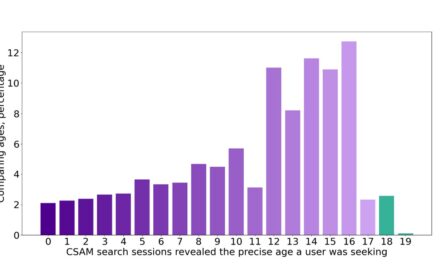August 2, 2024 — New research from Monash University in Australia has uncovered significant findings about the BRCA1 gene mutation and its impact on fertility. Known for increasing the risk of breast and ovarian cancer, the BRCA1 gene mutation may also pose a high risk of impaired fertility, according to the study conducted using preclinical models and human tissue samples.
The BRCA1 and BRCA2 genes are typically protective against breast and ovarian cancer. However, mutations in these genes can increase the risk of developing these cancers. The study, led by researchers from Monash University, specifically investigated the impact of the BRCA1 mutation on fertility.
The research, which involved studying mice without the BRCA1 gene, revealed that these mice had reduced litter sizes and lower quality of eggs, particularly as they aged. The maturation rates of eggs were decreased by 45% in reproductively aged mice lacking the BRCA1 gene.
In human studies, the research team focused on anti-Mullerian hormone (AMH) levels, which are considered a gold-standard indirect marker of the number of eggs a woman may have. Surprisingly, the study found no correlation between AMH levels and estimated egg numbers from ovarian tissues in a small group of women with a BRCA mutation. These findings, published in EBioMedicine, highlight the need for further studies to determine if AMH is a reliable predictor of egg quantity in women with BRCA mutations.
Amy Winship from Monash University’s Hutt Laboratory emphasized the importance of these findings for women carrying BRCA mutations. “The results will help women with the mutations to make considered family planning and possibly fertility preservation decisions, like egg freezing,” Winship stated.
Carrying the BRCA1 mutation already places women at a higher risk of developing breast and ovarian cancer. Cancer treatments can further impair fertility, making the need for effective fertility preservation strategies crucial. The study underscores the necessity for more research to understand the implications of BRCA mutations on fertility and to develop accurate methods for predicting egg numbers in affected women.
Implications for Women’s Health
This research offers significant insights for women with BRCA1 mutations, guiding them in making informed decisions about their reproductive health. It highlights the complex relationship between genetic mutations and fertility, emphasizing the need for personalized medical approaches in managing the reproductive health of women at risk of cancer.
As the understanding of BRCA mutations evolves, this study represents a crucial step towards improving fertility preservation methods and supporting women in their family planning choices. The researchers advocate for continued investigation into the effects of BRCA mutations, aiming to enhance the quality of life for women carrying these genetic risks.












